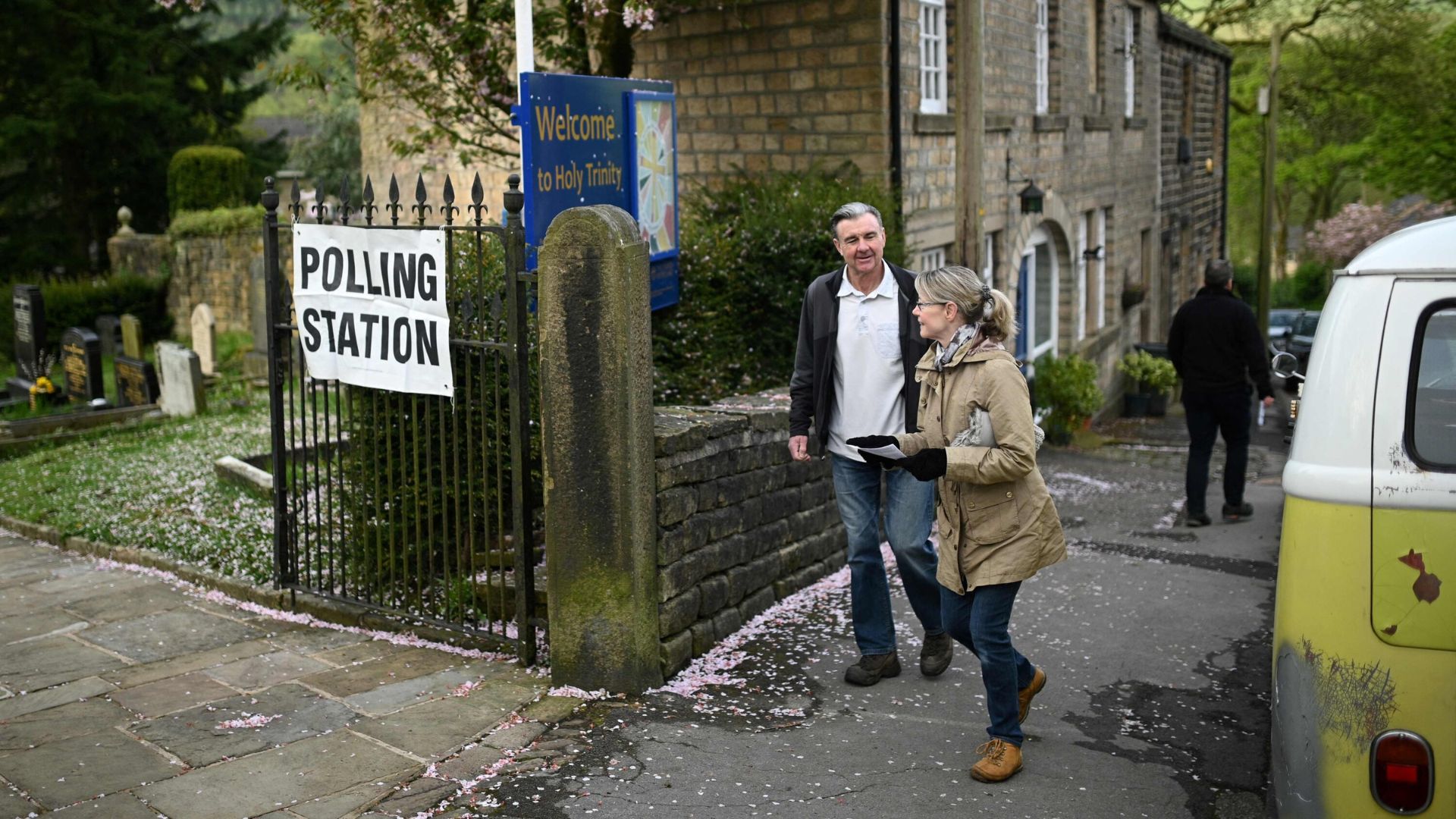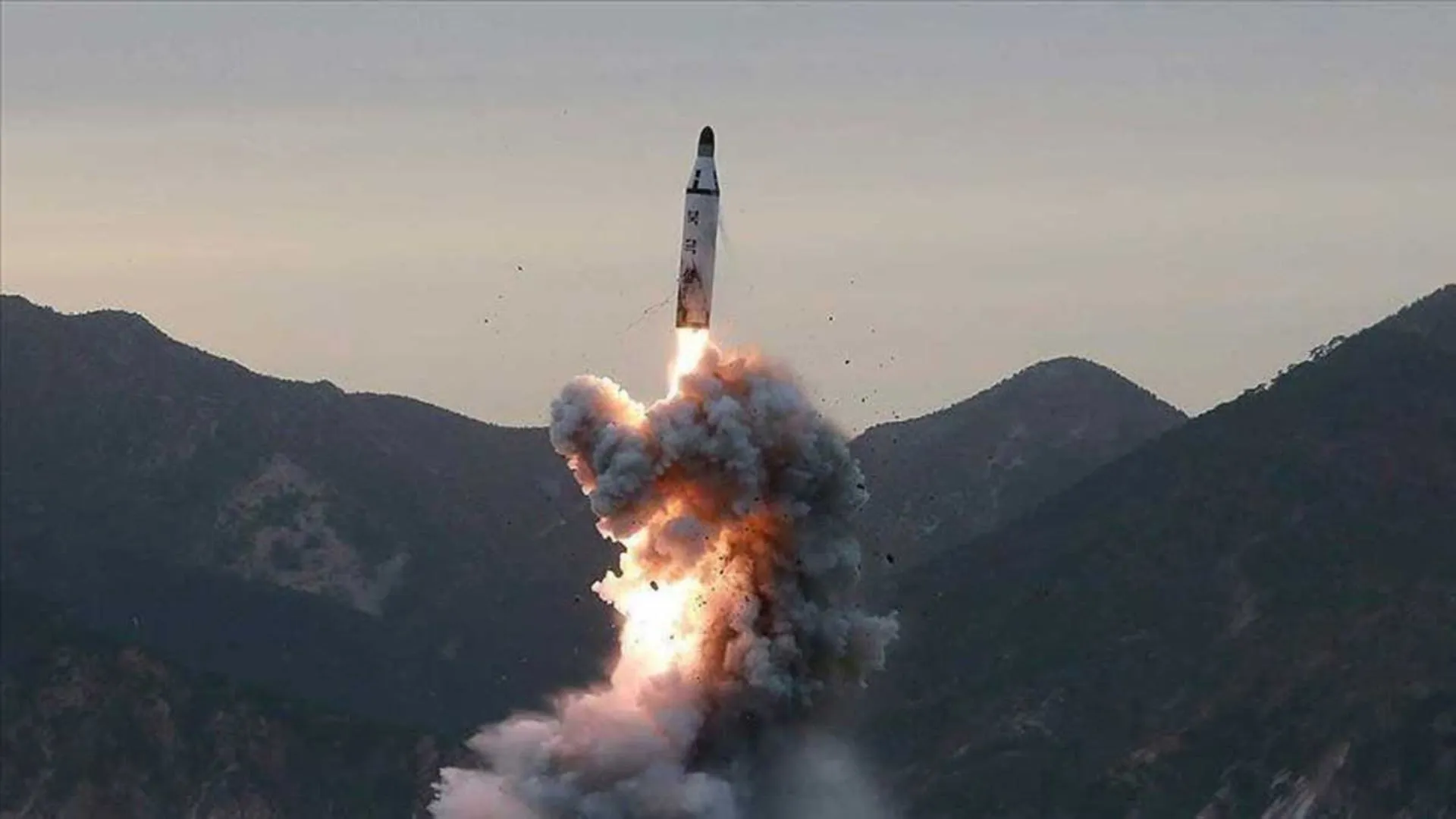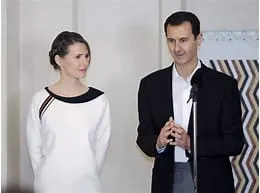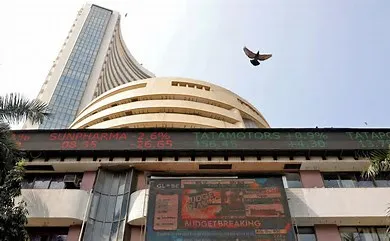While there’s no legal mandate for Thursday elections in the UK, it’s been a longstanding tradition for decades. The last deviation from this custom occurred in October 1931 when a general election took place on a Tuesday.
Historical records show a mix of weekdays for polling days in the early 20th century. For instance, in November 1922, elections were held on a Wednesday, followed by a Thursday polling day in December 1923. The pattern shifted back and forth between Wednesdays and Thursdays until 1935, establishing Thursday as the standard.
This tradition stemmed from cultural and logistical considerations. Thursdays were favoured to avoid overlap with payday Fridays or religious activities on Sundays. Holding elections mid-week aimed to minimize distractions, such as visits to pubs or churches. Additionally, a Thursday vote allowed for a smooth transition of power, with ballot counting and results typically declared on Friday mornings. This afforded the incoming prime minister ample time over the weekend to form a cabinet, settle into Downing Street, and prepare for administrative duties by Monday.
Early Election Call by Sunak
Prime Minister Sunak’s recent address outside 10 Downing Street justified the early election call, citing the Conservative Party’s capability to steer Britain’s economy amidst unprecedented challenges akin to those faced during World War II.
The decision to announce the election came on the heels of a slight drop in the inflation rate, catching the Labour Party off guard, which had anticipated a later election date, possibly in autumn.
The easing inflation, dropping by 2.3% in April, prompted traders to reassess their bets on June interest rate cuts by the British central bank. Core inflation, excluding certain factors, also showed a decline.
This upcoming July election marks a departure from the norm, reminiscent of the 1945 election. Moreover, the electoral campaign coincides with the Euro 2024 football tournament, adding an extra layer of excitement. Sunak’s strategy hinges on the element of surprise, banking on July as the optimal timing, as reported by The Telegraph.
The recent passage of the Rwanda deportation scheme underscores the government’s assertiveness on migration issues. Proposed in 2022, this policy identifies asylum seekers or illegal immigrants for relocation and processing in Rwanda.
Additionally, the government’s commitment to a £10 billion compensation package for victims of the infected blood scandal is believed to have influenced the decision to advance the polls. This financial pledge may pave the way for tax cuts in an autumn budget, further shaping the political landscape in the run-up to the election.














